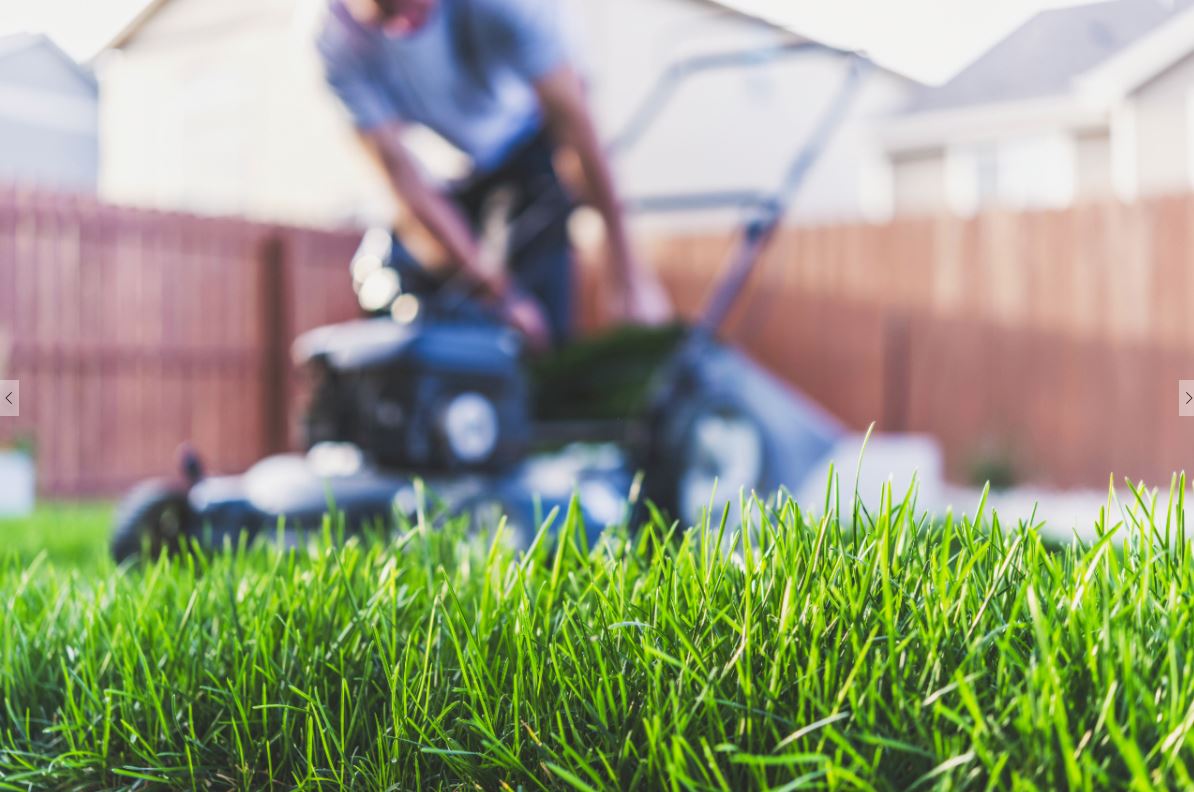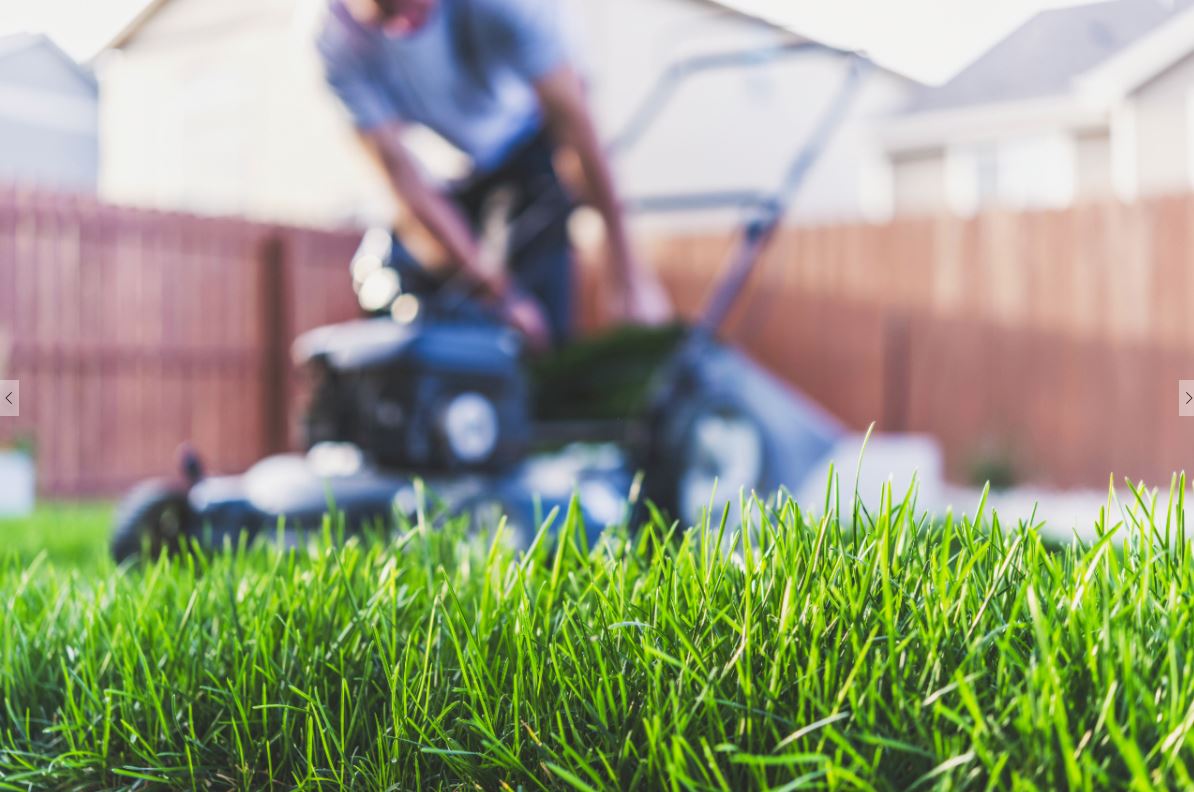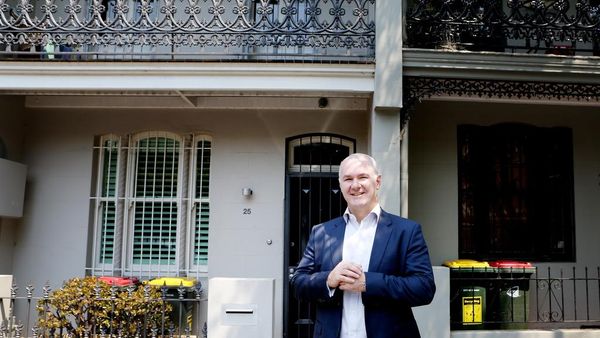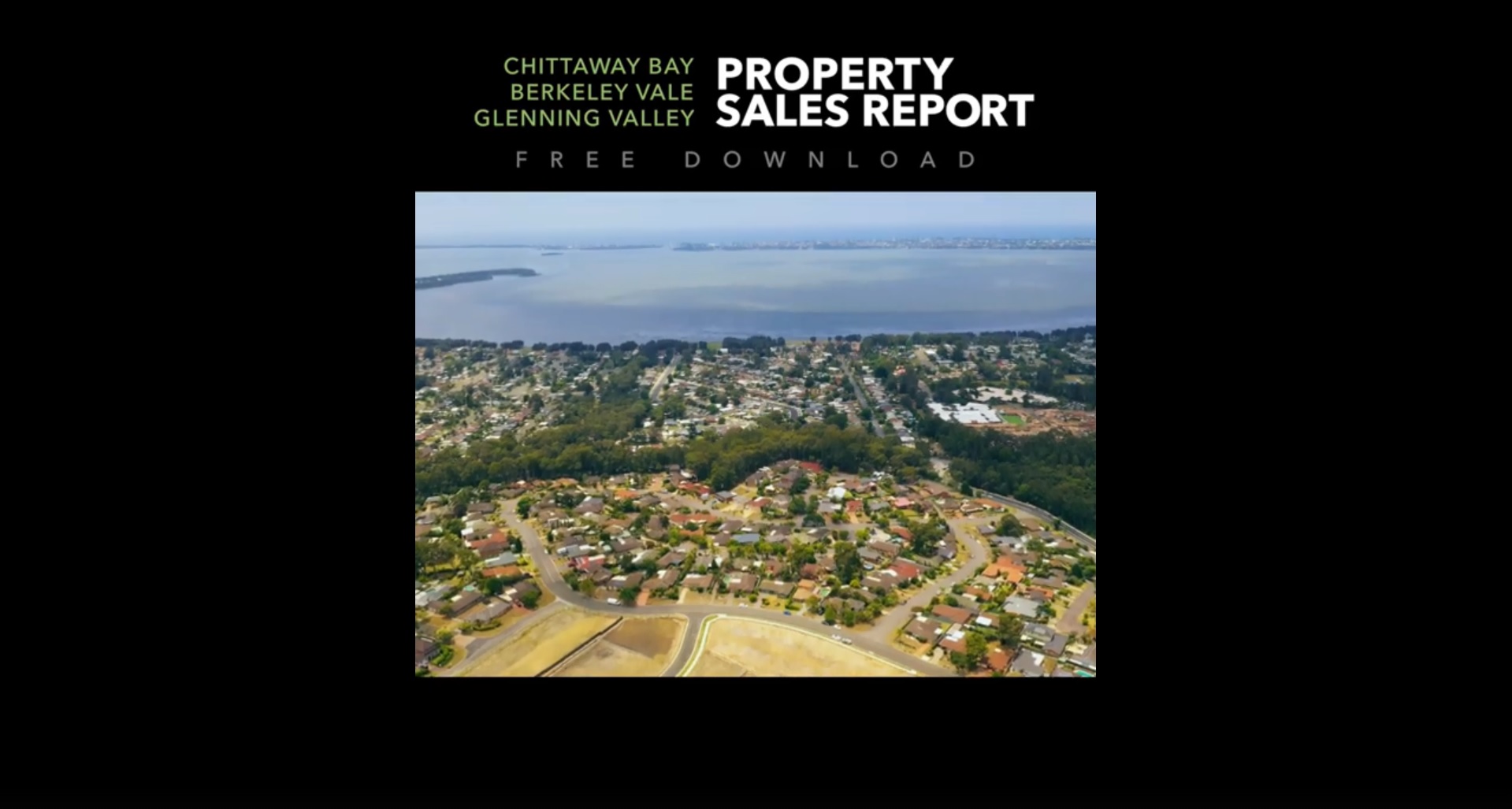Your shared responsibilities in a tenancy
When you move into your rental property, the landlord or property manager must have ensured the premises are habitable and in a reasonable state of cleanliness and repair.

Photo: iStock/CatLane
You and your landlord/property manager have shared responsibilities.
When you move into your rental property, the landlord or property manager must have ensured the premises are habitable and in a reasonable state of cleanliness and repair.
It is a requirement that you are notified of the lessor’s name and address at the commencement of your tenancy. If the property is under management, you are still to be provided with the lessor’s name, but in place of the lessor’s address, you will be provided with the contact details of the property manager at the commencement of your tenancy.
You must keep the property clean and tidy and, at the end of your tenancy, hand it back in a similar condition to how it was at the start of your agreement, taking into account normal use (fair wear and tear).
Maintenance inside
While you are renting, the landlord/property manager must keep the premises in a reasonable state of repair and comply with building, health and safety laws. They are responsible for the upkeep of the property (for example, plumbing and the maintenance of provided contents, such as the refrigerator, stove, washing machine or air conditioner) unless you have intentionally or neglectfully damaged them. Mould or mildew caused by faults in gutters or other fixtures is the responsibility of the lessor.
You are responsible for basic household maintenance, like replacing light globes, vacuuming, cleaning windows, dusting and removing cobwebs inside and out, and ensuring there is adequate ventilation to help avoid mould problems in winter.
Maintenance outside
You are responsible for garden maintenance, such as mowing and edging lawns, weeding and pruning. You should be provided with the necessary hoses, sprinklers, etc. If you become aware of any potential damage to gutters as a result of leaf blockages or notice a water leak, you must advise your landlord or property manager. If the leak is apparent and you fail to report it, you may be liable for the costs of the water lost.
The landlord is responsible for maintenance of any garden reticulation system, tree lopping, cutting back overhanging branches (such as those near power lines) and maintaining firebreaks unless your tenancy agreement says otherwise.
Swimming pools and spas
If your rental property has a swimming pool or spa, you are responsible for keeping the pool or spa or any associated equipment in a properly treated and clean condition. You must also observe all legal requirements relating to pools or spas during the period of the lease.
The landlord or property manager is responsible for ensuring the pool or spa is secure, that it is child safe and complies with pool safety standards. If you become aware of any safety concerns relating to the swimming pool or spa, you must report these concerns to your landlord or property manager as soon as possible.
At the start of your tenancy, the landlord or property manager should make sure the water is clean, chemically balanced and the pool and equipment are serviceable. You should also be provided with the necessary tools and equipment for day-to-day maintenance, such as vacuums, hoses, brushes and scoops.
Unless your written agreement states otherwise, as the tenant you are responsible for day-to-day maintenance and upkeep of the pool, such as cleaning and maintaining the chemical balance of the water, including the purchase of pool chemicals.
Originally published as Your shared responsibilities in a tenancy




